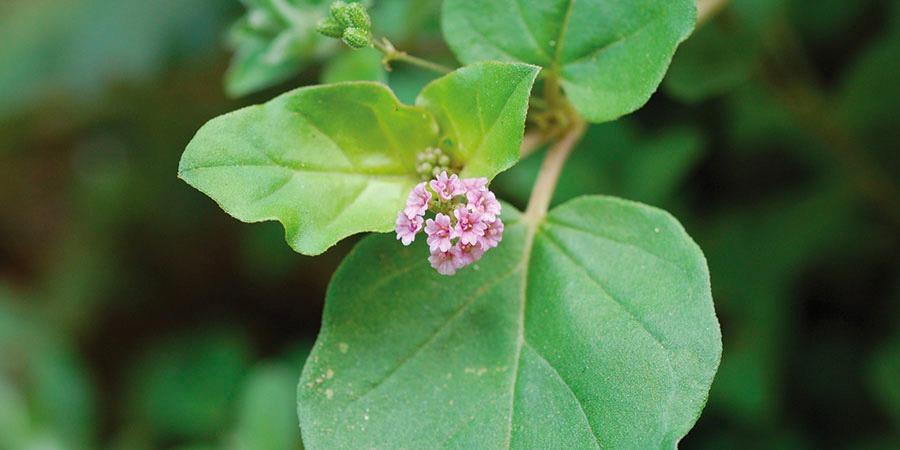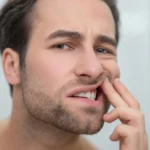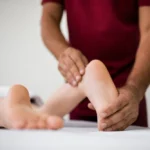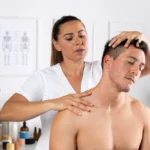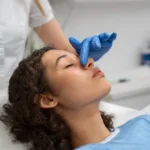The prostate gland is normally about the size and shape of a walnut which surrounds the urethra below the bladder in males. The prostate gland secretes a fluid that is discharged with sperm. Prostate enlargement or benign prostatic hyperplasia (BPH) is non-cancerous and is extremely common in men as they age. More than half of men in their sixties exhibit some symptoms of BPH. Medicine is not sure exactly what causes the prostate to enlarge; changes in the balance of sex hormones might be a reason. Prostate gland enlargement symptoms include, weak urine stream, difficulty starting urination, dribbling at the end of urination, frequent urination, straining while urinating, blood in the urine, urinary tract infection etc. Prostate Specific Antigen (PSA) is present in small quantities in the serum of men with healthy prostates, but is often elevated in the presence of prostate cancer and in other prostate disorders. Men with a total PSA level greater than 10 ng/ml might be at an increased risk for prostate cancer. Though enlarged prostate is not a risk factor for prostate cancer, PSA levels should be checked periodically to rule out such pathologies. Prostatitis can also result in an enlarged prostate. Bacterial prostatitis usually occurs in men younger than 35 years and non-infectious prostatitis occurs in older men.
Ayurveda is safe and effective in the treatment of BPH; BPH is diagnosed as Vatashteela in Ayurveda; which is a Vata Kapha imbalanced disease. Medicines like, Chirivilwadi kashayam, Varanadi kashayam, Saptasaram kashayam, Guggulu thikthakam kashayam, Sukumaram kashayam, Chandraprabha, Commiphora mukul, Shilajit (mineral pitch / Black Bitumen), Kanchanara (Bauhinia variegate) etc gives good results in couple of weeks itself. While inflammatory symptoms – burning or pain during urination or around the groin or pelvic area with fevers are there, the group of medicines are different – Punarnavadi kashayam, Brihatyadi kashayam, Gokshura guggulu, Boerhavia diffusa (spreading hogweed), Tribulus terrestris (small caltrop), Solanam indicum (Indian Nightshade), Shatavari (Asparagus racemosus) etc. Meet an Ayurveda doctor.
- Don’t suppress the urge to urinate
- Limit intake of liquids at bedtime
- Exercise can help
- Avoid caffeine or alcohol
- Limit decongestants or antihistamines
- Include horse gram, asafoetida, ginger, garlic, butter, turmeric, black pepper, ginger

